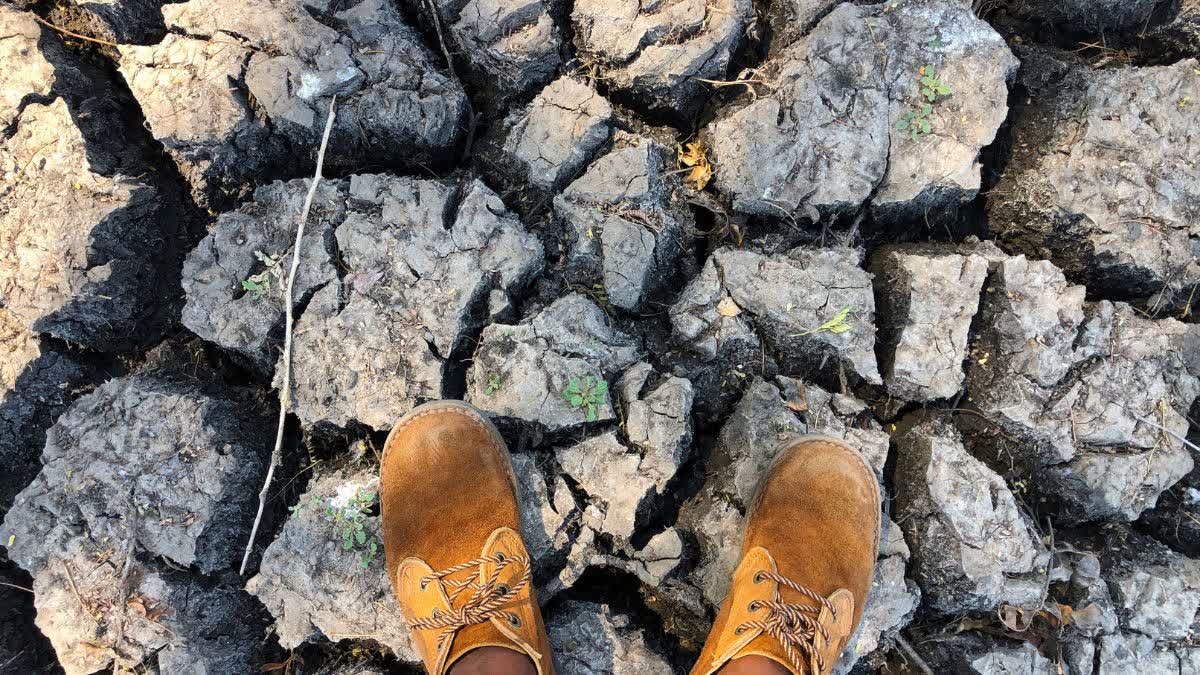Global Commission on the Economics of Water has published a report on 'The Economics of Water', highlighting the growing global water crisis, driven by decades of mismanagement and undervaluation of water resources. As per the report, the world is facing a growing water disaster as the hydrological cycle has gone out of balance for the first time in human history.
According to the commission, we can no longer count on freshwater availability for our future as we have damaged our freshwater and land ecosystems, allowing for the continuing contamination of water resources.
The study titled "The Economics of Water: Valuing the Hydrological Cycle as a Global Common Good" claims that the imbalance in the hydrological cycle threatens a sustainable future, with severe impacts on ecosystems, food systems, and human health. The report also highlights the plight of people for water, claiming over 1,000 children under five die daily from unsafe water and sanitation while women and girls spend 200 million hours daily collecting water.
As per the report, food systems are running out of fresh water and cities are sinking as aquifers underneath them dry up. It says that failing to act on water management will have significant human and economic costs. The commission claims that water storage is declining globally, especially in areas with high population density and economic activity, such as northwestern India, northeastern China, and parts of southern and eastern Europe.
The report calls for a revaluation of water as a critical planetary resource and proposes managing the hydrological cycle as a global common good. It underscores the urgent need for justice and equity in managing water resources to ensure food security, human dignity, and a safe Earth system for humanity.
The commission also emphasises the need for systemic action and highlights the economic and human costs of inaction. The report sets out the shifts required to drive radical changes in how we value, manage, and use water. It recommends some actions to this effect, which include:
- Governing the hydrological cycle as a global common good through concerted action in every country and collaboration across boundaries and cultures
- Recognising minimal water requirements for a dignified life (4,000 litres per person per day)
- Valuing water to reflect its scarcity and ensure equitable use
- Forming partnerships to address global water challenges and drive innovation
- Raising finance for water management
- Building global water governance that values water as an organising principle
Additionally, the report recommends launching a new revolution in food systems and ensuring that no child dies from unsafe water by 2030. It also suggests establishing a circular water economy in addition to conserving and restoring natural habitats critical to protect green water.
The report also recommends three key actions for effective water management:
1) Forge partnerships between public and private sectors to ensure efficient, equitable, and sustainable water use.
2) Increase financial support for water management across all sectors, focusing on quantity, quality, and reliability.
3) Develop global water governance that values water as a central principle, recognizing it as both a local and global issue, and addressing the hydrological cycle as a collective and systemic challenge.



